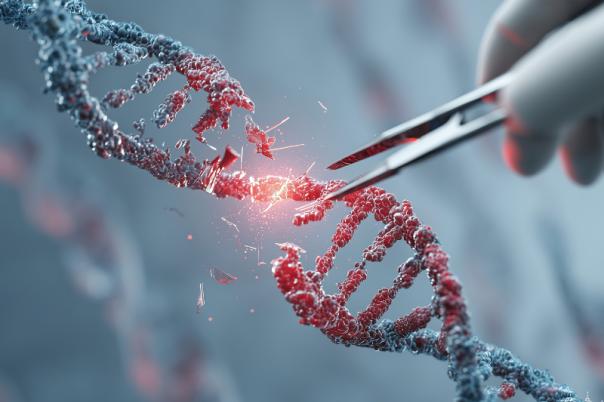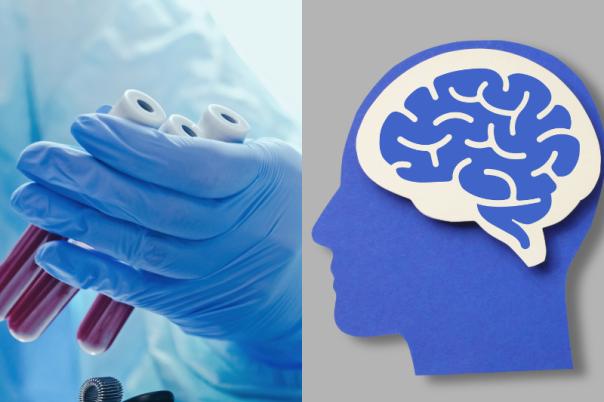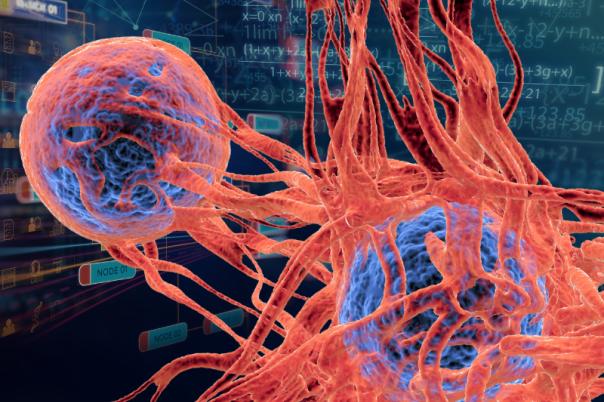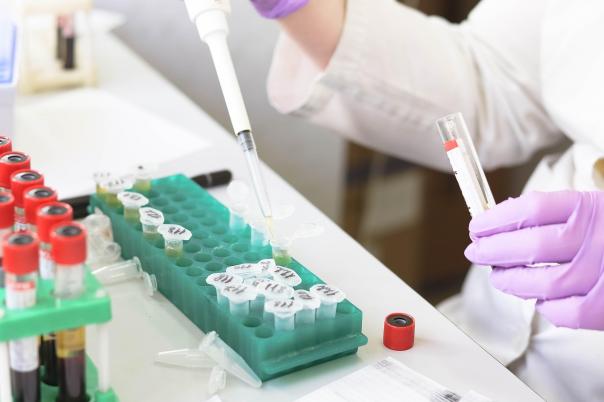Kristian Moss Bendtsen’s presentation masterfully unravelled the complexities of mastering preclinical omics data to unlock drug responses for biomarker research. He began by elucidating the motivation behind his quest for drug response biomarkers, emphasising their critical role in de-risking portfolios by proving the mechanism and thereby boosting the probability of new drugs reaching the market.
Bendtsen classified response biomarkers into proof of mechanism and proof of concept, honing in on response biomarkers, which he aptly described as pharmacodynamic biomarkers. He introduced the learning cycle concept, drawing parallels to PKPD modelling, where preclinical data predicted human responses, thereby refining the predictive algorithms over time.
The presentation highlighted significant challenges in making accurate predictions without human data for validation. Bendtsen underscored the necessity of creating coupled datasets to foster reliable learning cycles. He provided compelling examples from clinical trials, showcasing different strategies for predicting drug response biomarkers using diverse data sources, including proteomics, transcriptomics, and genetic evidence.
One of the key points of his talk was the potential improvement in prediction accuracy when combining different data sources, though he noted the importance of optimising algorithms to ensure significant signals were retained. Bendtsen reflected on the current retrospective nature of his work, aiming to persuade stakeholders to incorporate omics in trials and establish generalisable principles for the translatability of response biomarkers.
He concluded by acknowledging the collaborative effort underpinning the research, involving contributions from multiple colleagues, and expressed a desire for further collaboration to accumulate relevant datasets for future studies. Bendtsen’s presentation left the audience with a deep appreciation for the intricate work and the promising future of biomarker research in drug development.





